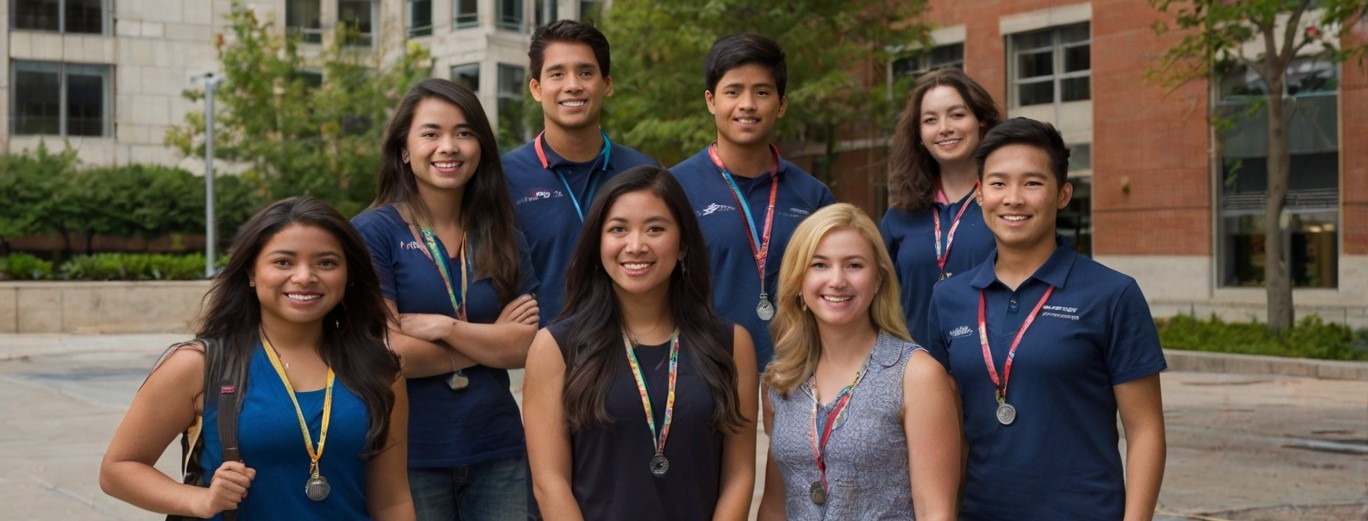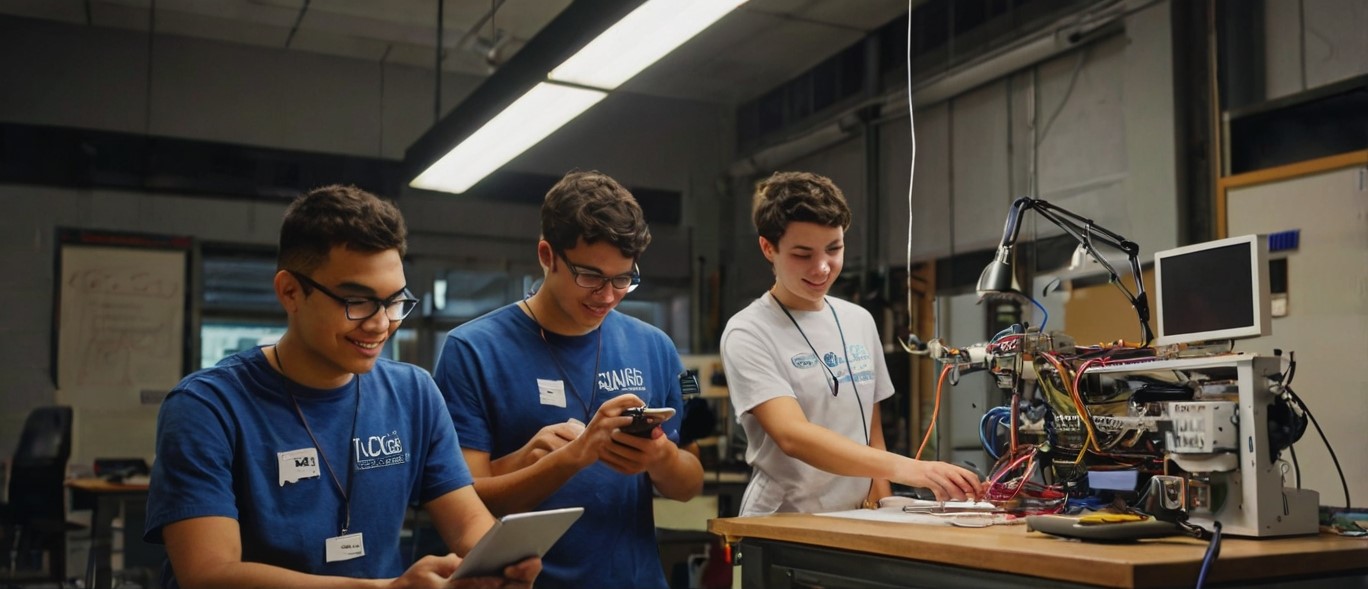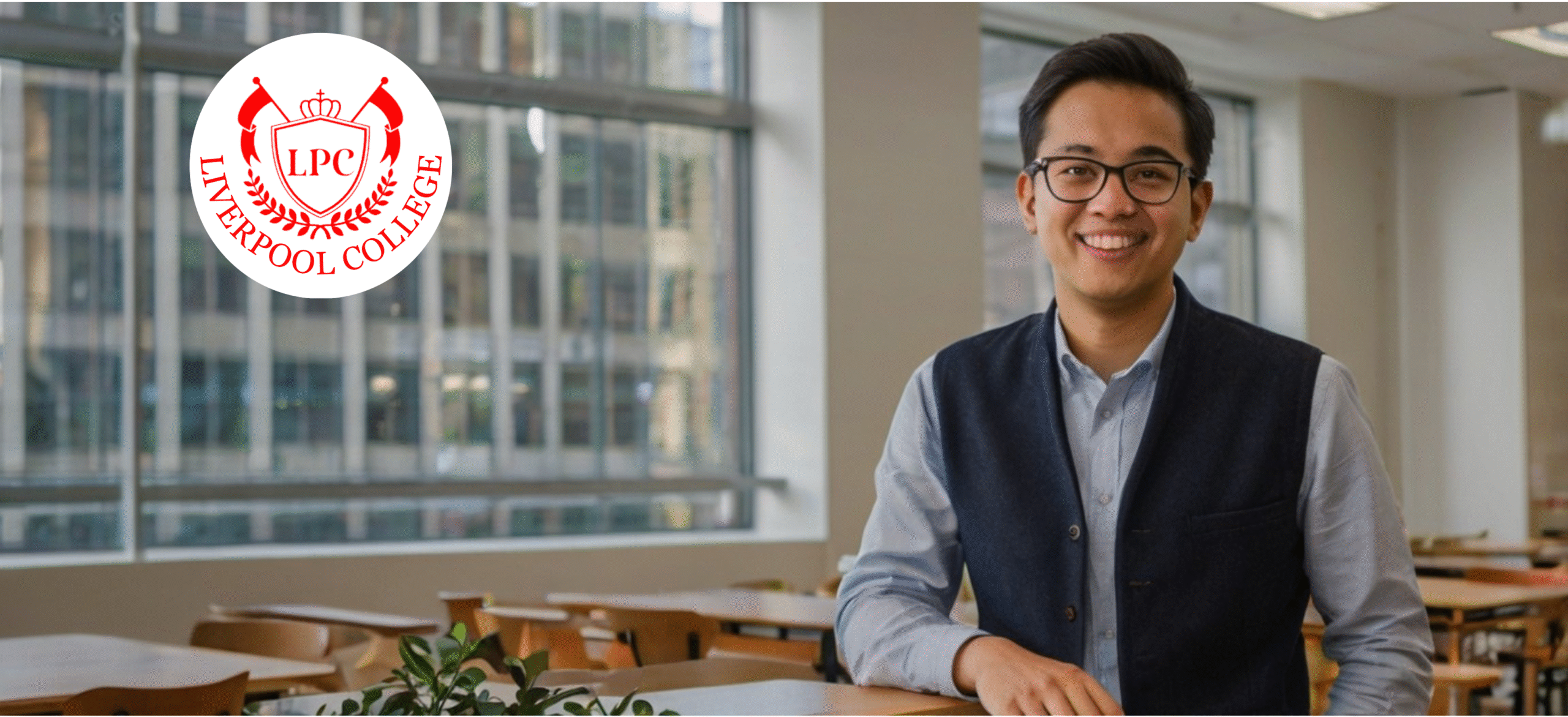In a world where technology evolves faster than ever, automation replaces routine tasks, and entire industries emerge and disappear within a few years, the job market is no longer what it used to be. Today’s students are preparing for careers that don’t even exist yet — roles that will demand skills, creativity, and adaptability that go far beyond any current curriculum. Liverpool College LPC stands at the forefront of this transformation, equipping students with future-ready capabilities that align with tomorrow’s workforce.
The Future of Work: Uncertain, But Full of Opportunity
According to the World Economic Forum, 65% of children entering primary school today will end up working in jobs that do not currently exist. Emerging technologies like artificial intelligence, quantum computing, virtual reality, and biotechnology are reshaping industries and rewriting job descriptions at a rapid pace.
Liverpool College LPC doesn’t just recognize this shift — it embraces it. Through modern teaching methods, multidisciplinary education, and real-world experience, LPC is empowering students to thrive in careers that are yet to be defined.
1. Embracing Technological Fluency Over Technical Memorization
Rather than training students for one specific job title, Liverpool College LPC builds digital fluency across multiple platforms. Whether it’s coding, AI modeling, cloud collaboration, or data analytics, LPC ensures that students understand not just how technologies work, but how they evolve and interact.
By integrating tech-awareness across non-tech programs as well — like business, arts, and healthcare — the college is making future careers accessible to all, regardless of major. Students are taught to adapt, not just to use tools, but to innovate with them.
2. Developing Human-Centered Skills for the AI Age
While machines may take over tasks, they cannot replace human empathy, creativity, critical thinking, or leadership. Liverpool College LPC’s curriculum prioritizes these soft skills. Communication, ethical decision-making, and problem-solving are embedded in every program — preparing students to lead, collaborate, and create in future jobs.
Team-based projects, interdisciplinary labs, and industry challenges ensure that students graduate with real-world experience and the mindset to navigate the unexpected. By simulating startup environments and creative workspaces, LPC encourages students to think like entrepreneurs, not just employees.
3. Industry Collaboration to Anticipate Emerging Fields
At LPC, learning doesn’t end at the classroom door. The college works closely with global companies, startups, and future-focused organizations to keep its programs aligned with market needs. LPC actively tracks trends in automation, sustainability, robotics, green tech, cybersecurity, and more — then builds that insight directly into its teaching.
Guest speakers, career incubators, internships, and virtual mentoring provide LPC students with direct exposure to cutting-edge fields such as:
- AI Ethics and Regulation
- Digital Health Tech
- Metaverse Development
- Sustainable Urban Planning
- Cybersecurity for IoT Devices
These real-time industry collaborations ensure that LPC students are learning what employers will need five years from now — not just what they needed yesterday.
4. Future-Proof Certifications and Global Recognition
Liverpool College LPC understands that job seekers today need more than just degrees — they need credentials that signal readiness and relevance. That’s why LPC offers future-proof certifications alongside traditional qualifications, allowing students to stand out globally.
Whether it’s a certificate in machine learning, a project in blockchain logistics, or a capstone involving green energy modeling, LPC ensures students have portfolio-ready, verifiable achievements. These credentials are recognized by employers in Europe, the Middle East, and beyond — making LPC graduates highly mobile and adaptable to wherever innovation takes them.
5. Flexibility and Lifelong Learning as a Foundation
Perhaps the most powerful thing LPC offers its students is the ability to keep learning. The college encourages curiosity and continuous upskilling as a life habit, not just a degree requirement.
Students are introduced to self-paced learning platforms, AI tutors, research labs, and digital course customization. This makes them comfortable with independent growth — a vital trait in a world where skills become outdated quickly.
As careers become more flexible, gig-based, and global, LPC graduates are prepared to evolve constantly and confidently.
6. Cultivating a Global Mindset for a Borderless Job Market
Today’s workforce is international — remote work, digital nomads, and multinational projects are the new norm. Liverpool College LPC helps students build cross-cultural intelligence and fluency in digital collaboration.
Exchange programs, international case studies, global projects, and language training prepare students for work across borders and time zones. LPC doesn’t just prepare students to get jobs — it prepares them to create opportunities anywhere on the planet.
7. Student Success Stories: From Local to Global
LPC alumni are already stepping into some of the most futuristic careers. Graduates have moved on to become AI policy advisors, clean-tech entrepreneurs, virtual reality designers, and biotech researchers — often in companies or roles that didn’t exist five years ago.
The success of these students proves that the LPC approach works. By building a foundation of curiosity, adaptability, and cutting-edge knowledge, LPC graduates aren’t just ready for the future — they are shaping it.
8. Personalized Career Development Plans
Every student at LPC is paired with career advisors who help design future-oriented pathways. Whether a student wants to work in a role that blends neuroscience and AI or dreams of building the next climate-tech startup, the team supports them with resources, contacts, and custom planning.
LPC career services provide predictive job market tools that help students choose courses based on rising fields and job demand across countries. It’s not guesswork — it’s strategic education for a moving target.









